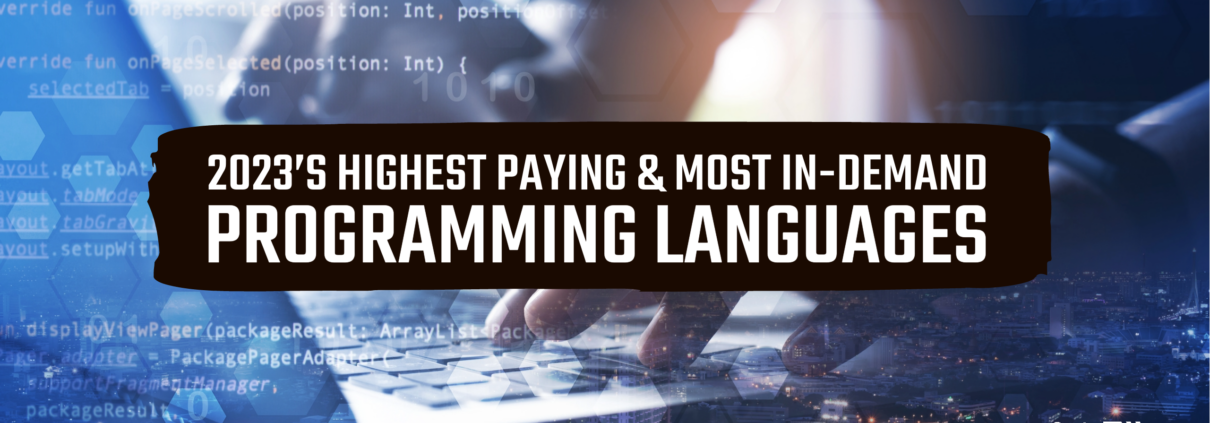JavaScript: A Beginner’s Guide to Coding
Are you new to the world of coding and software development? JavaScript is a fantastic first programming language to learn, and here’s why it’s a great choice for beginners looking to dive into programming and web development.
Why JavaScript is a good coding language for beginners:
- It’s everywhere: JavaScript is the language of the web. If you want to build websites or web applications, JavaScript is a must-have skill.
- It’s relatively easy to learn: Compared to some other languages, JavaScript has a more forgiving syntax and is generally considered beginner-friendly.
- It’s versatile: Once you know JavaScript, you can use it for a variety of things, from building websites to creating mobile apps and games.
Learning the basics of JavaScript has become more accessible than ever before. There are tons of resources available, including online courses, YouTube videos, and challenges for beginners.
- Online JavaScript Courses: Taking online courses is an excellent first step to learning JavaScript. There are many different courses available for free. Many options are self-paced, so you don’t have to worry about falling behind or feeling rushed.
- Here’s a list of the top five free online JavaScript courses for beginners, ideal for those preparing to apply to a coding bootcamp:
- Learn JavaScript (Scrimba): This course offers over 140 interactive coding challenges and the chance to build four projects, including a Chrome Extension. It provides a hands-on approach to learning JavaScript fundamentals in a 10.38-hour course.
- JavaScript Algorithms and Data Structures (freeCodeCamp): This comprehensive course covers basic JavaScript, ES6, regular expressions, basic data structures, Object-Oriented Programming, and functional programming. It’s interactive and concludes with certification upon completion.
- Learn JavaScript (Codecademy): This course provides a concise introduction to JavaScript fundamentals in about 20 hours. It includes 11 lessons covering conditionals, functions, arrays, and more, making it ideal for absolute beginners.
- Intro to Coding (Code Platoon): Intro to Coding is a free, self-paced online course designed especially for beginners. This 11-session course featuring seven hours of video instruction will teach you two things – JavaScript fundamentals, including JavaScript syntax, and problem-solving. The course also features over 120 coding practice challenges.
- JavaScript Tutorials on YouTube: There are many different JavaScript YouTube channels available. Here are three popular JavaScript video tutorials and YouTube channels that provide beginner-friendly coding information:
- Clever Programmer: Run by Rafeh Qazi, this channel focuses on web development and programming, with a mix of in-depth tutorials and interactive content in JavaScript. Qazi’s teaching style is fun and engaging, emphasizing practical learning.
- Codecademy: Codecademy’s YouTube channel offers a range of tutorials in various programming languages, including JavaScript. Their videos are well-suited for absolute beginners, providing step-by-step guides.
- Code Platoon: As a nonprofit coding bootcamp, Code Platoon makes all of its program content and lectures available for free on its YouTube channel. This includes their Intro to Coding JavaScript course, which is designed for beginners. (They also have an Intro to Coding Python course available.)
- Interactive JavaScript Coding Challenges: If you want to practice your JavaScript skills, there are many coding challenge platforms available online. A popular site you might want to check out:
- Codewars: This platform offers a large number of challenges and supports a wide range of programming languages. It has a strong community aspect, encouraging users to create challenges and participate in the site’s social elements.
Stepping Stone to a Career in Tech
JavaScript’s flexibility and the extensive support community make it an outstanding first choice for individuals venturing into coding and software development.
For those at the starting point of their tech journey, learning JavaScript is a strategic move. It lays a solid foundation for a career in web development or software engineering. As you grow more comfortable with the basics, consider taking the next step with an Immersive coding bootcamp like Code Platoon, tailored to equip you with the skills needed for a successful career in tech.
Jim Hennessey is Code Platoon’s Director of Marketing. Jim brings a strong background in nonprofit marketing and start-up enterprises to the mission of Code Platoon. Jim is a graduate of Clemson University and currently lives in Chicago. Follow Jim on LinkedIn.

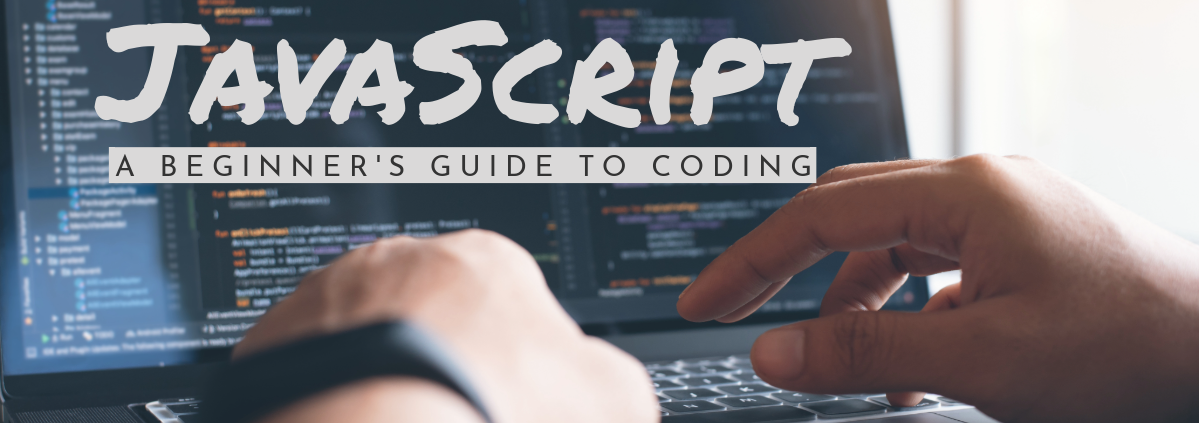


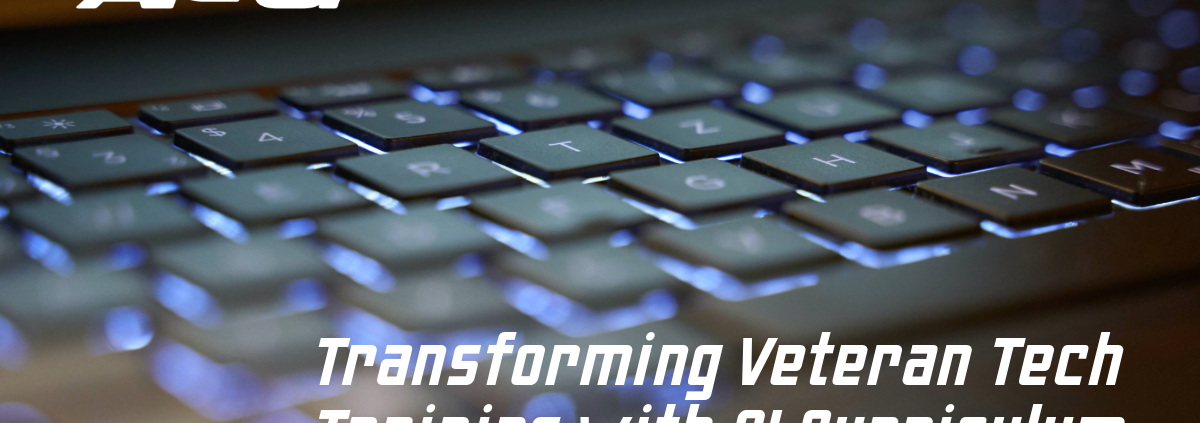


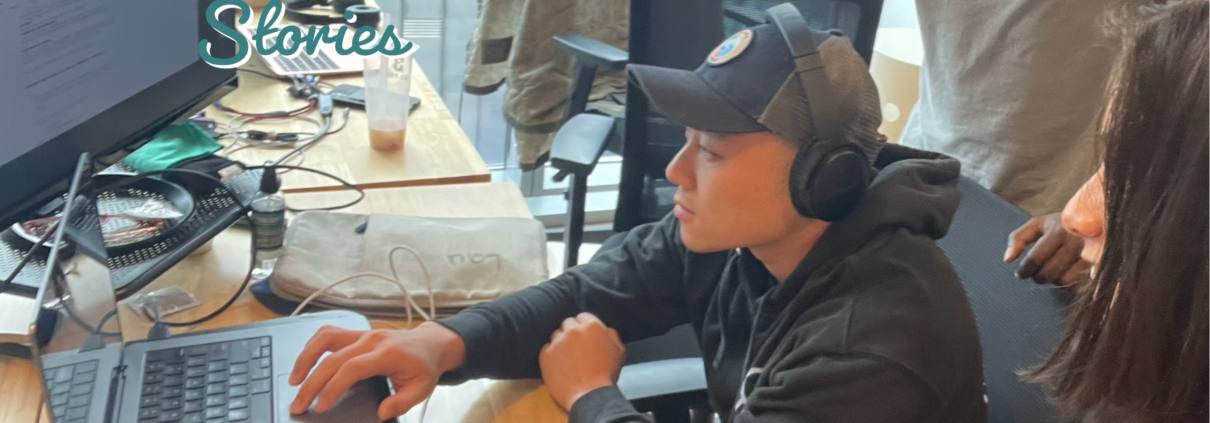
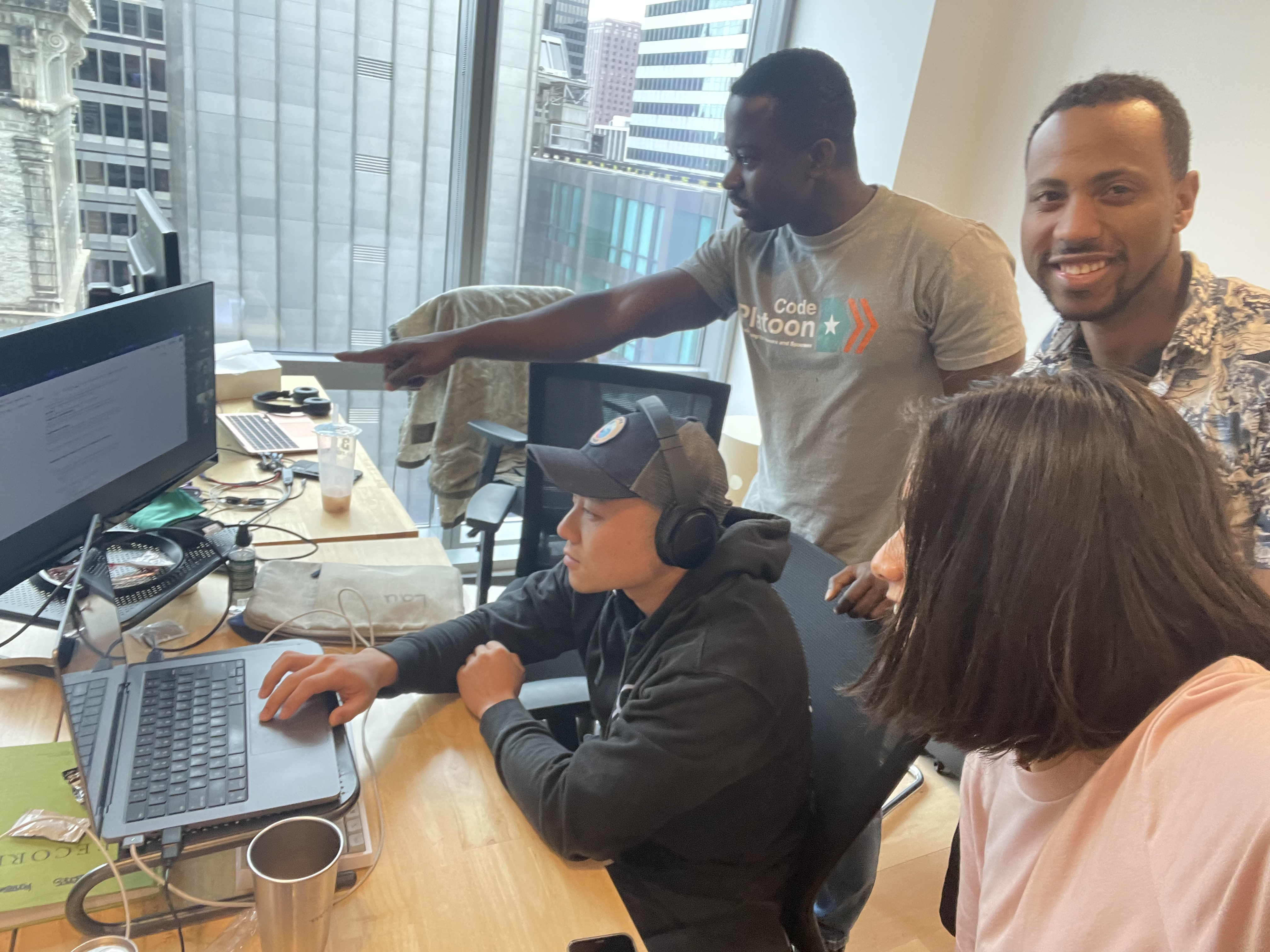 It’s time for lunch, and Kelvin and his classmates grab some takeout and review their notes before an afternoon of working on their
It’s time for lunch, and Kelvin and his classmates grab some takeout and review their notes before an afternoon of working on their  “The other reason I chose Code Platoon was to be part of the exclusively military Coding Bootcamp community. The shared experience here is comforting,” Kelvin says. “Even most of the instructors are Veterans themselves.”
“The other reason I chose Code Platoon was to be part of the exclusively military Coding Bootcamp community. The shared experience here is comforting,” Kelvin says. “Even most of the instructors are Veterans themselves.”